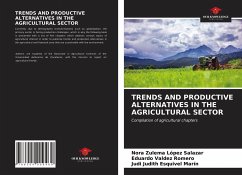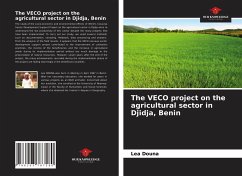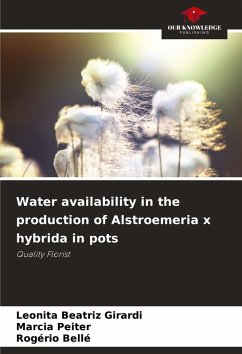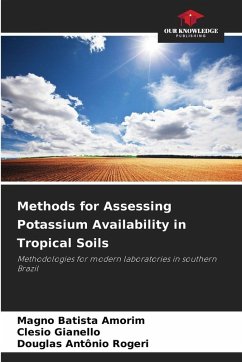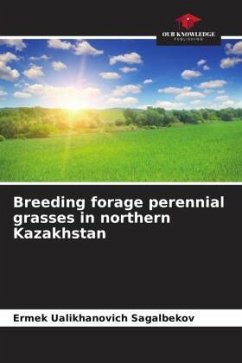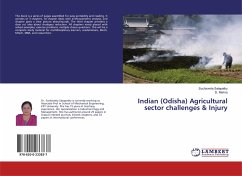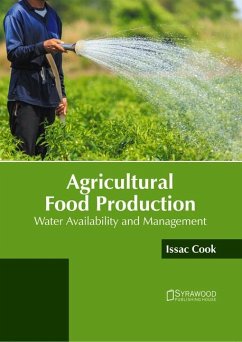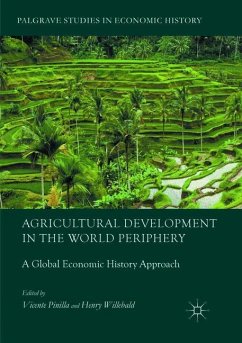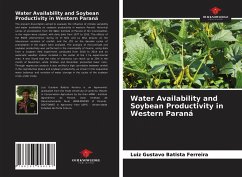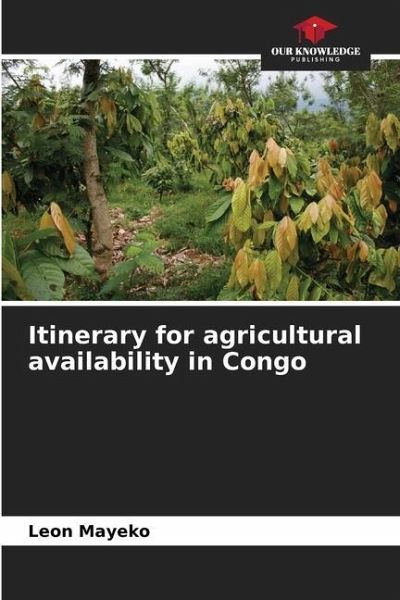
Itinerary for agricultural availability in Congo
Versandkostenfrei!
Versandfertig in 6-10 Tagen
27,99 €
inkl. MwSt.

PAYBACK Punkte
14 °P sammeln!
Congo's agricultural sector, despite the diversity of its voluntary modalities, is still struggling to meet local demand. Successive waves of policies have only served to disillusion us as to the effectiveness of agricultural supply. From the results obtained, we note that rural population and gross fixed capital formation have an impact on cereal production. The abundance of arable land, on the other hand, has no impact on cereal production. This is due to soil fertility problems and the depletion of mineral elements in the soil. This is because rain-fed farming systems require renewable tech...
Congo's agricultural sector, despite the diversity of its voluntary modalities, is still struggling to meet local demand. Successive waves of policies have only served to disillusion us as to the effectiveness of agricultural supply. From the results obtained, we note that rural population and gross fixed capital formation have an impact on cereal production. The abundance of arable land, on the other hand, has no impact on cereal production. This is due to soil fertility problems and the depletion of mineral elements in the soil. This is because rain-fed farming systems require renewable technologies, which the State is called upon to coordinate and promote. The government is therefore called upon to define its vision for agricultural research in the Congo. It is a strategy that will include what the country intends to become in terms of the development of renewable technologies capable of increasing the stability of productivity and the resilience of agricultural production systems.



